Honda scales back fuel cell plant plans amid shifting hydrogen market
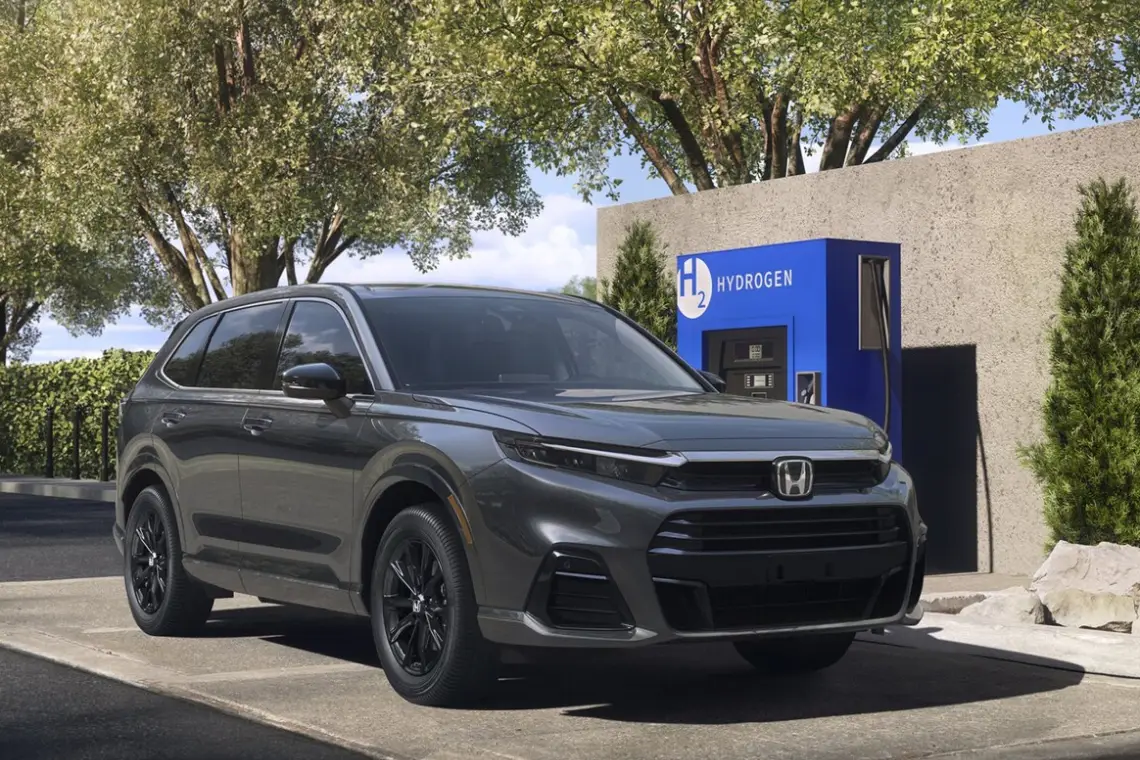
Honda has significantly scaled back its plans for a next-generation fuel cell module factory in Tochigi, Japan. This move highlights the increasing challenges faced by the hydrogen mobility sector. The car manufacturer will now delay the start of full production and reduce the initial capacity of its Moka City plant, which was originally scheduled to produce 30,000 units per year by 2028.
This reflects waning enthusiasm for hydrogen passenger vehicles, despite Honda's 30-year investment in fuel cell technology. While Honda maintains that hydrogen could still play a role in commercial vehicles and stationary power, retreating from its original targets suggests that even Japan's pro-hydrogen policies, including METI subsidies, are not enough to offset weak demand.
'This isn't the death of hydrogen, but it's a clear sign that the "hydrogen economy" won't arrive as quickly as hoped,' said Rina Matsuo of AutoAnalyst. "Even Honda's revised focus on trucks and generators acknowledges that passenger FCEVs may remain a niche market."
While Honda still plans to deploy fuel cells in construction equipment and backup power, its scaled-back Tochigi plant now symbolises the bumpy road to relevance for hydrogen.
Do you still believe in hydrogen cars, or has this technology stalled? Let us know what you think in the comments below. ⚡

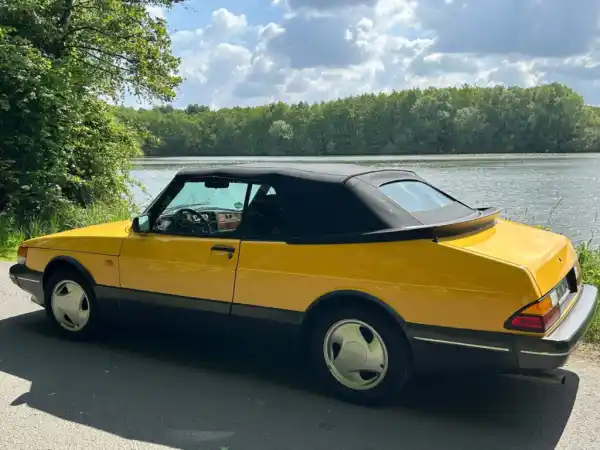


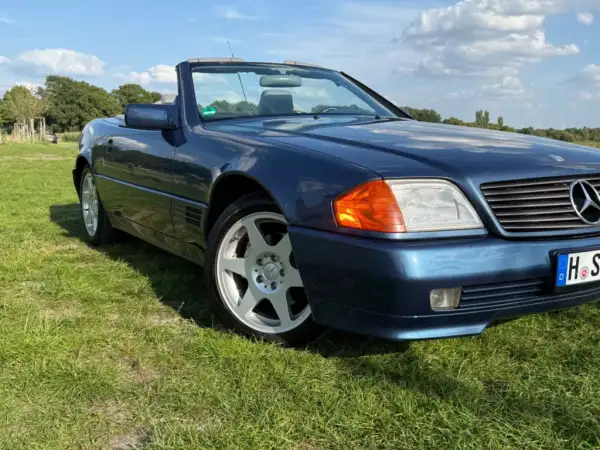

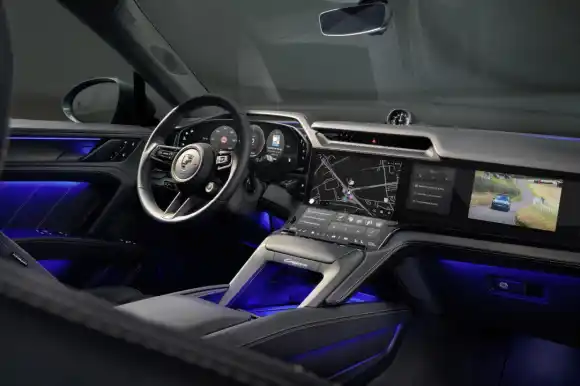
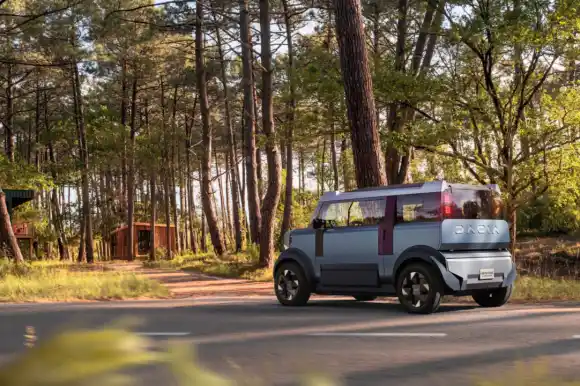
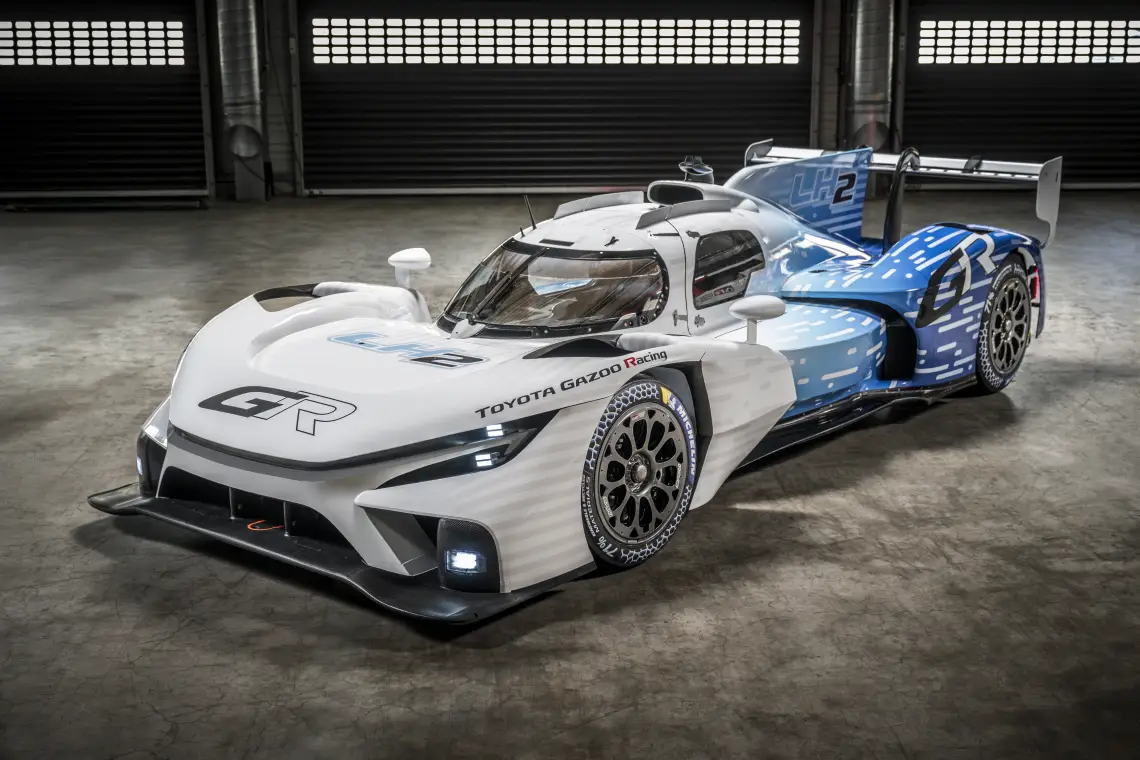
 Sign in with Google
Sign in with Google